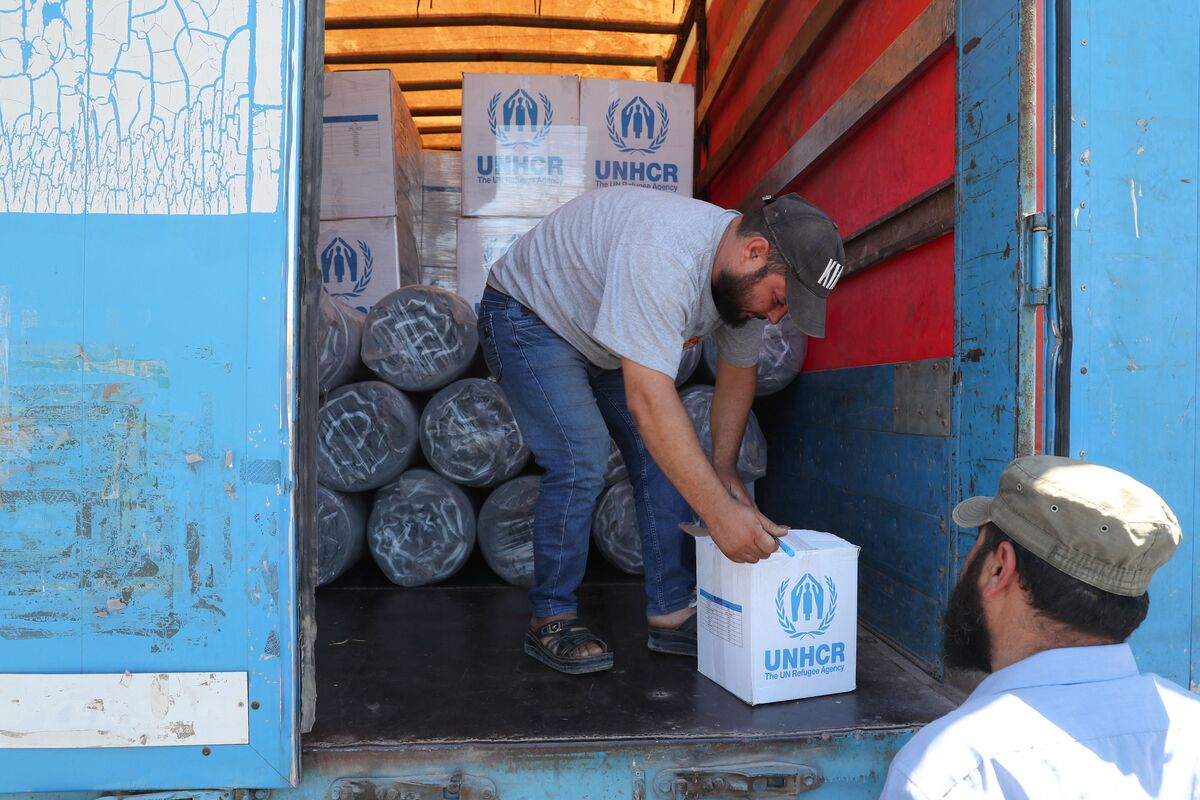
The Syria Response Coordinators (SRC) team has issued a stark warning about the impending expiration of the cross-border humanitarian aid mandate that has been a lifeline for millions of civilians in northwestern Syria. The current mandate, which allows aid to flow through the Bab al-Hawa border crossing with Turkey, is set to expire on July 11, with other crossings like Bab al-Salama and al-Rai facing expiration in mid-August.
The team emphasized the dire consequences if this mandate is not extended, highlighting the severe humanitarian crisis in the region. Over 90% of the population in northern Syria lives below the poverty line, and millions rely on this aid for survival.
The crisis has been exacerbated by the siege tactics employed by Russian and Assad regime forces, along with well-documented instances of international humanitarian aid being systematically stolen by the Assad regime. This theft has often involved the Syrian Red Crescent and other local organizations under regime control, which have been accused of diverting aid to support regime forces and selling aid supplies on the local market.
The humanitarian situation in northern Syria has steadily worsened. This year, the region witnessed a sharp decline in aid due to significantly weaker funding compared to previous years and increasing humanitarian needs. The UN provided 241 trucks of aid during the current mandate, with contributions from various organizations including the International Organization for Migration, the United Nations High Commissioner for Refugees (UNHCR), the World Health Organization (WHO), the United Nations Population Fund, the World Food Program (WFP), and UNICEF.
The SRC team stressed the urgent necessity of extending the aid mandate for at least 12 months. Arguing that this is crucial not only to prevent an economic collapse and widespread famine in northwestern Syria but also to prevent Russia from using the humanitarian crisis as a political bargaining chip.
Halting the cross-border aid would likely lead to a rapid reduction in humanitarian operations and an increase in the number of people in need. It would also risk new waves of displacement as people flee to camps in search of basic necessities, driving up the prices of food and other essential goods as demand outstrips supply.
The region is already suffering from a severe shortage of humanitarian aid, affecting more than two million displaced people living in camps in Idlib and the Aleppo countryside. These camps lack basic necessities such as food, water, and healthcare. Ongoing internal displacement, driven by the search for safety and services, continues to worsen living conditions.
Moreover, the medical sector in northern Syria is on the brink of collapse due to a lack of funds, exacerbating the humanitarian crisis. The escalating hostilities by the Assad regime and Russia have further hindered humanitarian organizations’ efforts to provide adequate aid, putting countless civilian lives at risk.








